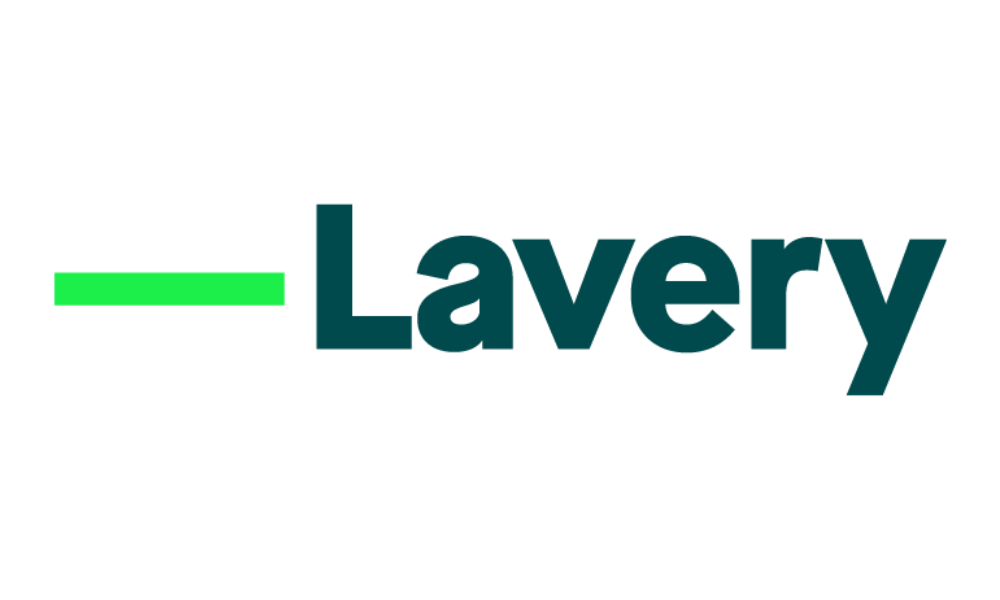The Office of the Superintendent of Financial Institutions (OSFI) announced the commencement of the second phase of the Standardized Climate Scenario Exercise (SCSE) consultation.
This initiative is designed to enhance financial institutions' understanding of climate-related risks, improve their climate scenario analysis capabilities, and quantify potential financial exposures resulting from these risks.
Based on insights gathered from the initial phase, OSFI has updated the draft methodology and developed a new draft workbook with detailed instructions. The "What We Heard" report summarizes feedback from the first consultation phase, available on OSFI's website.
In a collaborative effort to broaden the scope and impact of the exercise, OSFI is partnering with Quebec's financial market regulator, the Autorité des marchés financiers (AMF). Both agencies will concurrently run the SCSE, targeting various financial institutions under their respective supervision.
An information session is scheduled in May. This session will provide additional details about the exercise and address queries from potential participants.
Peter Routledge, Superintendent of Financial Institutions, expressed his enthusiasm about the collaborative initiative. “The Standardized Climate Scenario Exercise will encourage financial institutions to adopt sound climate risk management practices. We are proud to collaborate with our colleagues at the Autorité des marchés financiers. Expanding this exercise across Canadian supervisory jurisdictions will create a stronger financial system for all Canadians,” Routledge said.
Yves Ouellet, President and CEO of the AMF, highlighted the critical nature of the exercise, stating, “Financial institutions are exposed to the consequences of climate change. The joint exercise we are launching today with our OSFI colleagues will help institutions be better prepared to manage climate change risks. It will also enable us to take the necessary actions to support financial market stability and the protection of Québec consumers.”
However, the SCSE has received some criticism for its approach. Karine Peloffy, Ecojustice Sustainable Finance Project Lead, commented, “It is good to see the federal regulator collaborating with the Autorité des marchés financiers and staying on track with its timeline of climate scenario analysis requirements despite industry pushback. However, it is disappointing to see the approach essentially unchanged despite a growing number of expert publications pointing out the inadequacy of conventional macroeconomic models to ascertain the true extent of the financial risks posed by global climate breakdown.”
She further suggested that more explicit references to advanced modelling techniques, similar to those employed by the European Union, could enhance the exercise’s effectiveness. Peloffy also emphasized the potential benefits of proposed legislation such as the Climate-Aligned Finance Act (CAFA), which, if passed, would mandate financial entities to align their operations with climate-safe practices.
Financial institutions and other stakeholders are invited to submit their comments on the revised documents by June 7 via the email [email protected].





